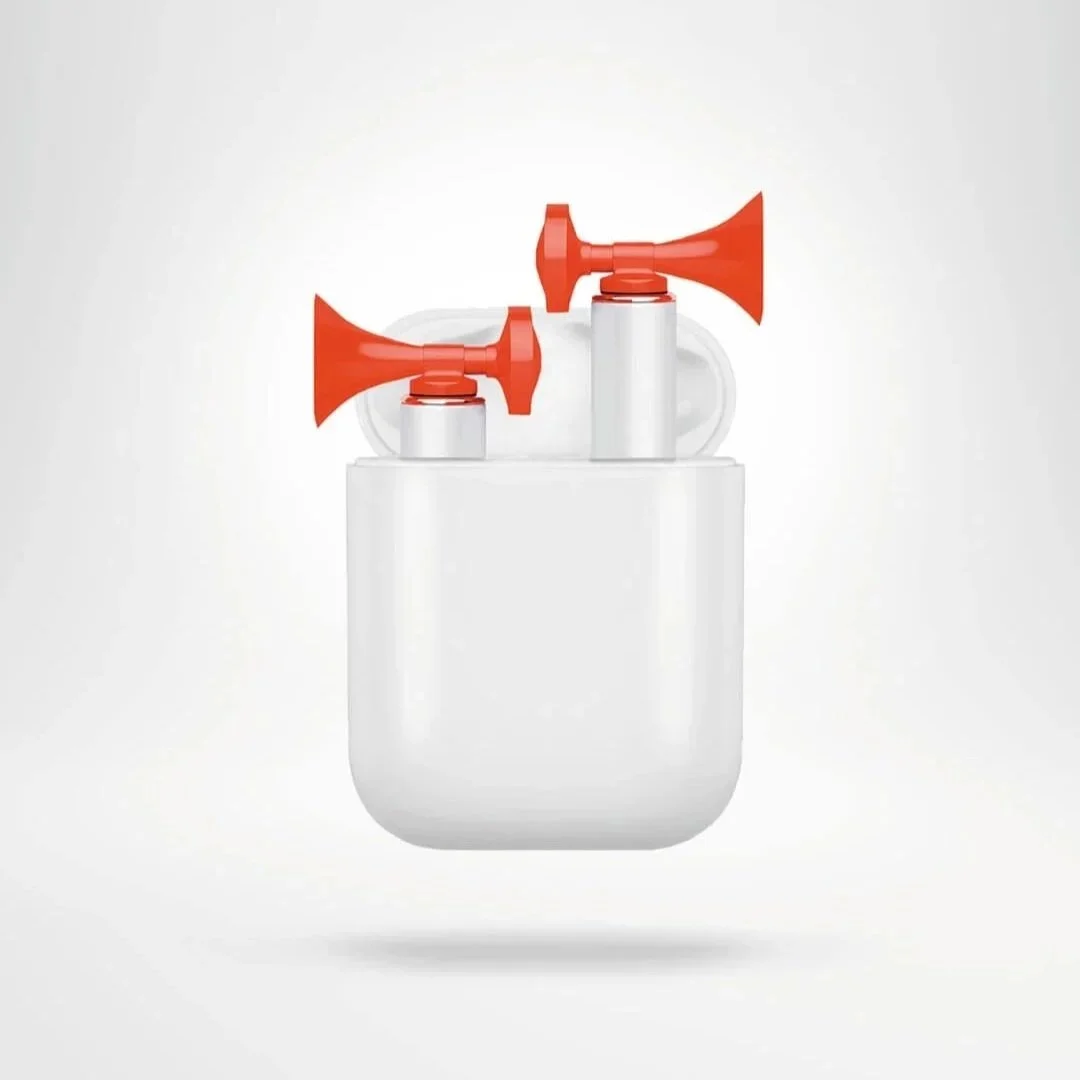By Heather Yowell
I had just entered 4th grade when I realized I could no longer hear the way that I used to. Oddly, my teacher’s voice sounded distant. The boisterous classroom chatter was slightly overwhelming, but I really wanted to hear what was going on. This wasn’t normal for me, a 9 year old recovering from brain surgery and trying to make sense of the world. Just as with the other nerve damage from the brain tumor and stroke combined I had taken my ability to hear for granted. The auditory nerve had been badly damaged, but it never occurred to me that that damage would get worse over time.
Prior to the brain trauma I had no hearing loss in either ear, but now I have significant hearing loss in both ears. A course of radiation treatments to shrink the remaining 2 percent of the tumor that could not be removed during brain surgery had caused fluid to leak into my left ear, creating pressure, fullness, and hearing loss. The experience is akin to being in a barrel underwater.
During the early 1980s my ear, nose, and throat doctor (otolaryngologist) made a small hole in my eardrum to drain fluid that was building up in my inner ear. The surgery was performed at Fauquier Hospital in Virginia under general anesthesia. When I woke up I felt dizzy and like my head was going to explode.
Back home there was an annoying, constant buzz but I paid no attention to it. Honestly, the pain in the side of my head and the tiny plastic tube in my left ear hurt so badly that I took some pain medication and lay down on the floor and cried. I made an unsuccessful effort to enjoy my favorite TV shows, finding this new and incessant ringing in my ears overwhelming. It was depressing and I cared about nothing. Little did I know I had tinnitus and that for me that persistent ringing in the ears would be a lifelong condition worsening over time.
One day at the swimming pool a teenager across from me plunged into the water and my head went under. I didn’t notice at the time, but the powerful splash must have loosened my drainage tube enough that it came out, never to be found. Now, I have a perforated eardrum—a large hole in my left ear that needs to be cleaned out by an ENT.
Whether your hearing loss is genetic or acquired through constant exposure to loud sounds, I stress the importance of getting a hearing checkup! Hearing loss in my family is genetic. My grandmother developed a profound sensorineural hearing loss, but she never wore her hearing aids. Certain medications can damage the hair cells in the ears, too, such as common chemotherapy or antibiotic drugs, but there are new treatments that offer hope.
In February 2023 I created the Power of Positivity: Heart Health Facebook page (since updated, in December 2023, to a Tumblr page, Verses From the Heart). My cousin Jay Roecker, an alternative pop and electronics artist, graciously agreed to let me post his inspiring hit singles “Pour on Me” and “A New Day for You.”
Muse Chronicle says Jay, who lives in Austin, Texas, “is a rising star in the music scene” with 1980s influences like Depeche Mode and New Order, and Synthpop the World calls “A New Day for You” the definition of a super-catchy song.
I appreciate Jay’s support of hearing health, heart health, and all the other causes where awareness is so vital, and I hope that all of us together can bring attention to healthy hearing and overall health.
Heather Yowell lives in Virginia. You can find Jay Roecker on Spotify.
Learn about research to counter hearing loss that can be a side effect of chemotherapy or antibiotic use.








For individuals with long-term hearing loss or severely degraded auditory input, the lack of reliable auditory feedback represents a challenge many orders of magnitude greater than the temporary masking used in this study.